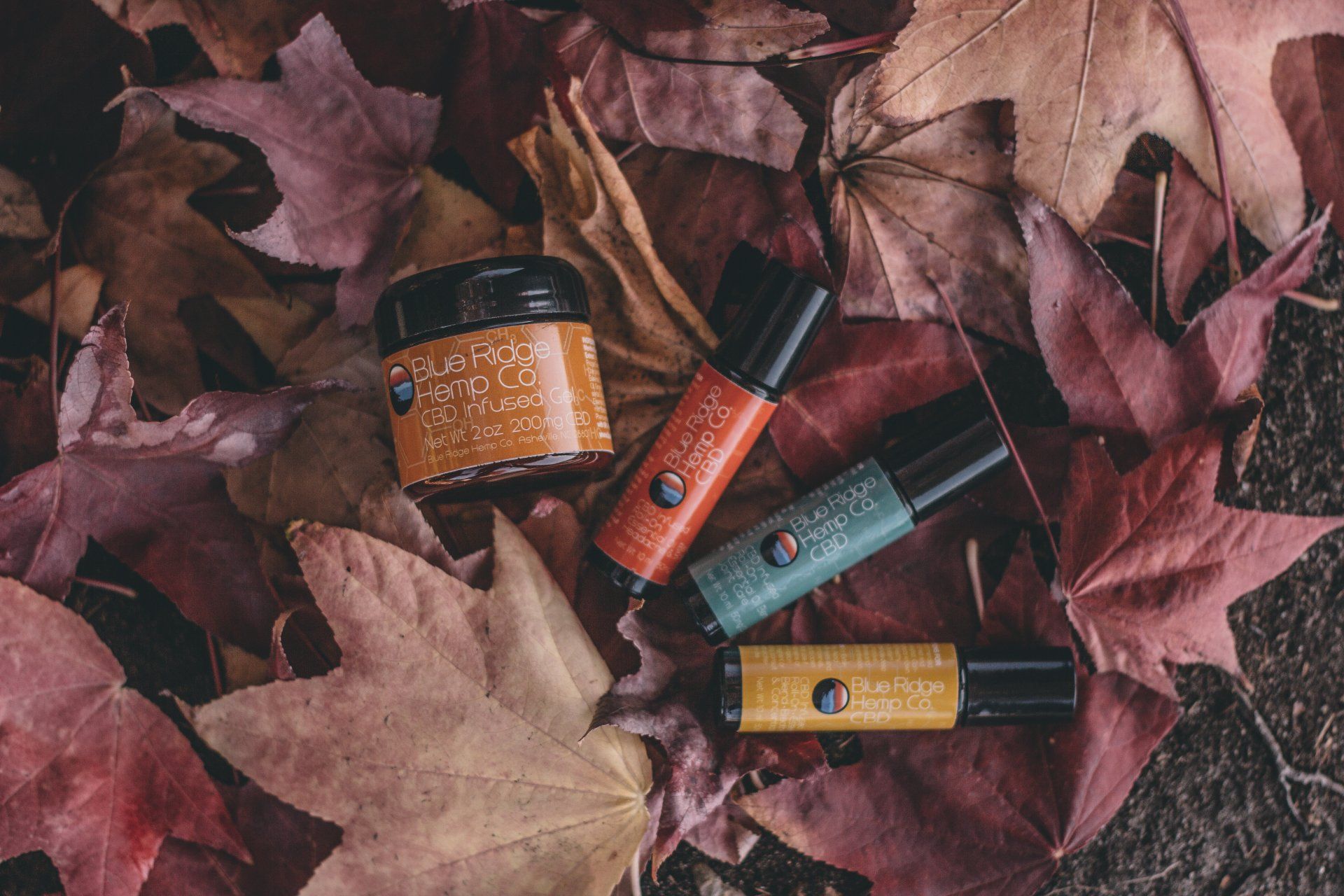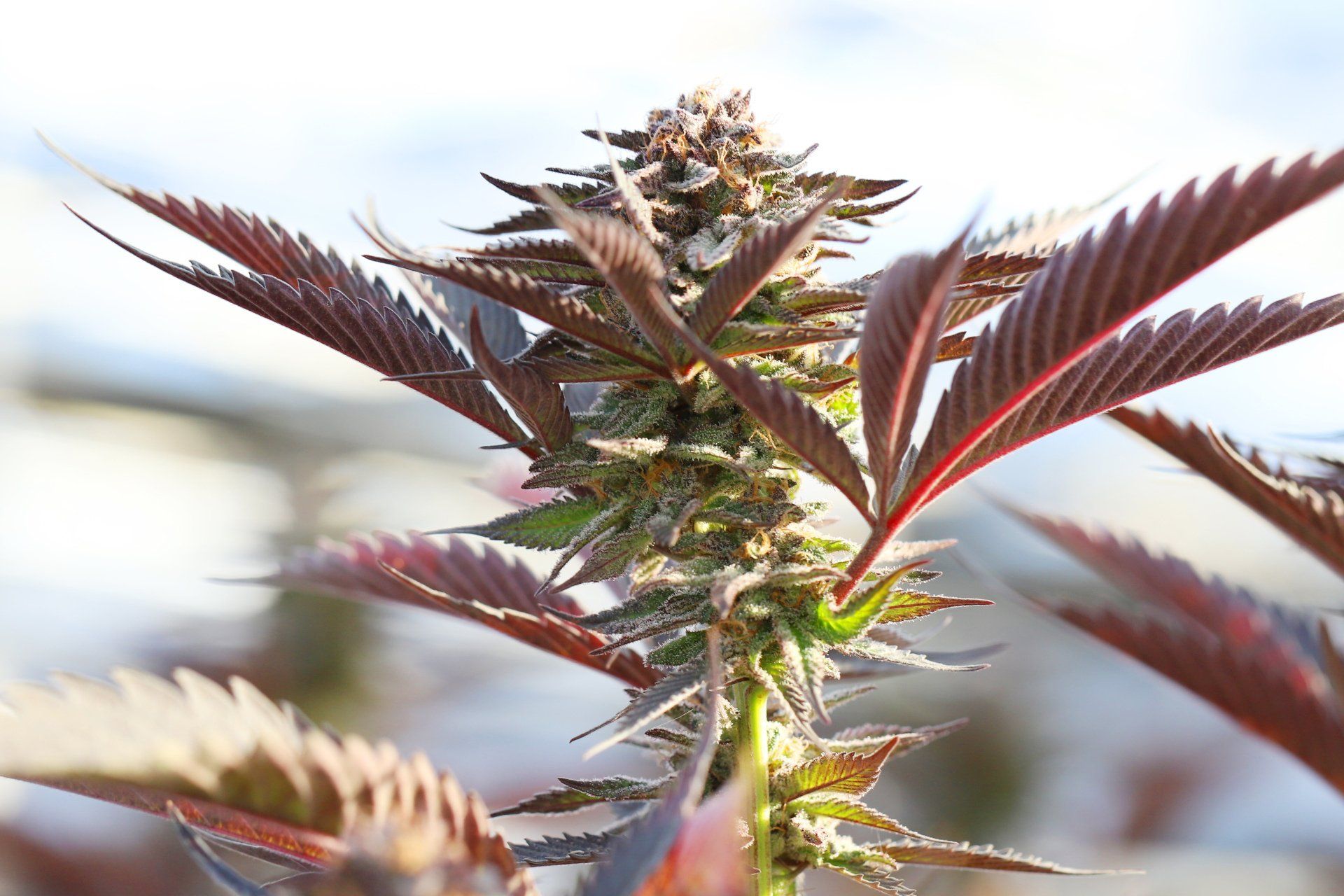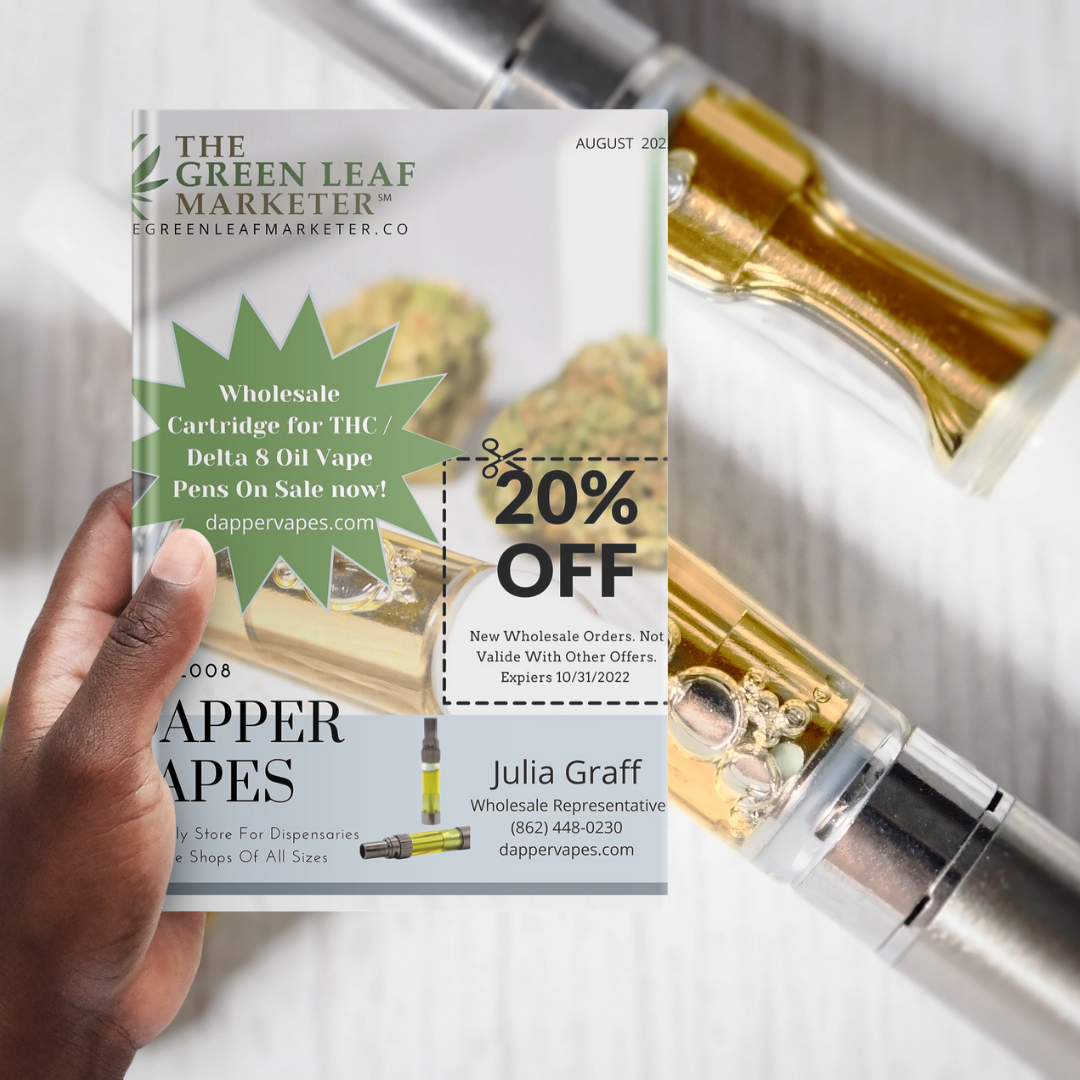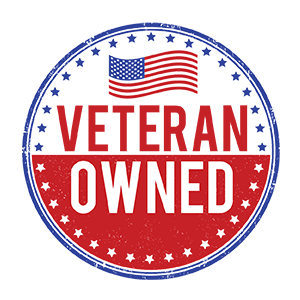How to Start a CBD Business in Florida
Exploring the CBD Market in Florida and Beyond

For millions of people across America, CBD (cannabidiol) has become a favorite option to help alleviate pain, anxiety, inflammation and insomnia.
This natural compound is found in the cannabis family, appearing in both the hemp plant and marijuana. One of its major advantages: it’s natural and non-psychoactive. With CBD, the focus is on the healing aspects or relief it can provide, not the high. Many suffering with pain and anxiety report that they’ve found relief through CBD, without having to rely on opioids or other addictive medications. These common anecdotes have also been reflected in a recent Canadian study, showing an improvement even in moderate and severe cases of pain, anxiety, and/or depression. It also provides a natural solution for people who have trouble sleeping with its calming effects.
For these reasons, CBD continues to experience a wild growth period. In the United States, cannabidiol products generated sales of roughly $5.3 billion in 2021 and are expected to reach $16 billion in 2026. E-commerce is the channel with the largest number of sales, followed by pharmacy.
At Green Leaf Marketers, our focus on the cannabis and CBD industry means we’re always staying ahead of the curve on the latest restrictions, regulations and other industry developments. And one part of the country where we see CBD is flourishing is Florida. With sales of $290 million in 2019, the Florida CBD market is second in the country (trailing only California.)
CBD’s ever-growing popularity can make starting a CBD business a good investment, especially in a state like Florida. However, to succeed, you first need to make sure you’re following all the requirements to be a compliant business. Whether you’re in Florida or elsewhere, learning how to navigate these types of state-specific details can help you launch a successful CBD business. As an example, let’s look deeper into the Florida rules and market.
Florida CBD: The Laws, Regulations and Product Categories
CBD regulation in Florida has taken several forms over the years. Starting in 2014, SB 1030 legalized CBD with a low THC content for medical use. In 2016, the medical marijuana program was expanded but didn’t allow CBD in smokeable form. Today in Florida, CBD oil is regulated by SB 1020 which was passed in 2019. This bill made hemp legal and set the legal amount of THC in CBD products as no more than 0.3%. To ensure this, all CBD products must have cannabis testing in a licensed, third-party lab. With this bill, products extracted from the hemp plant became legal and aren’t subject to the same restrictions as injected products.
The first decision when starting a CBD business is what products you’re going to sell. There is a wide variety of products and some are more popular than others. In general, edibles, like gummies, and vitamins are popular while sparkling water is a growing segment of the market. A survey in April 2022 found that 58% of respondents preferred their CBD to come in edibles. Tinctures are also another popular form, offering a CBD concentrate that is easy to ingest or place under the tongue with an eyedropper.
The main CBD product categories:
- Oils and tinctures
- Edibles and gummies
- Drinks
- Topicals and skin care
- Vapes
- Supplements
Costs and Licenses to Start a CBD Business in Florida
There are specific CBD Laws that you need to be aware of when starting your CBD business in Florida. The federal government legalized hemp-derived CBD products in the 2018 Farm Bill, so overall the product is federally legal as long as it comes from hemp. More good news: unless you’re selling food products containing CBD, you don’t need approval from the FDA. However, you do need to make sure you’re following all Florida laws and have the necessary licenses. It is a complicated process but this chart can help you determine which Florida CBD licenses and permits you need to operate your CBD business in Florida. Be prepared: Since Florida’s CBD industry is highly regulated, obtaining a business license to sell CBD can be more difficult than for other businesses.
In general, there are 3 licenses needed for your CBD business:
- A license for growing the hemp plant
- A license for the processing of cannabis
- A license for legally selling CBD products
If you’re planning on cultivating hemp, you will need a Hemp Cultivation License from the Florida Department of Agriculture and Consumer Services (FDACS). There is no charge to apply for this license. In addition to several other requirements, applicants are required to complete a background check and fingerprints at the time of application and then annually after that. In order to ensure that you complete all requirements of the application, the State of Florida provides application checklists in English and Spanish and FAQs. Once you’ve fulfilled the requirements on the checklist, you can apply for the license online.
Additionally, FDACS started requiring a Hemp Food Establishment Permit in 2020. It’s required for any business that manufactures, processes, packs, holds, prepares, or sells food containing hemp. There are different permits for retail and wholesale businesses so make sure you’re using the correct application.
Lastly, all Florida businesses must be registered with both the state and the county and are required to have a company bank account.
Starting a CBD business in Florida may bring some unexpected costs. The total will vary for every business, but some estimate it costs a minimum of $10,000. This includes fees for legal costs, testing, marketing, permits, and licenses. While the cultivation license is completely free, every CBD business in Florida is required to pay $650 annually for a hemp permit. When making your business plan and estimating your costs, it’s best to overestimate and have some money left over than to start the process near your limit and then not have the money to continue.
Sign up for FDACS newsletter to stay up to date on Florida’s Hemp Program.
10 Key CBD Labeling Requirements in Florida
FDACS requires all CBD products to be labeled. All CBD labels and containers must contain specific information. Florida CBD label requirements include:
- The products must have been tested by a third party and cannot contain more than 0.3% THC. The label must contain a QR code that, when scanned, provides verbatim statements, specific ingredients, allergy information, strength, and dosage information.
- Both the outside box and the container of all CBD products must have a label
- The packaging must limit light exposure as much as possible
- If you’re an online CBD store, you must ensure that the manufacturer that supplies your CBD is permitted to manufacture it
- The product name must be different than the brand name
- The ingredient list must list all ingredients from greatest to least amounts
- Your business name and address
- The amount of your product in fl oz or ml
- You may need to include a nutritional facts panel, the serving size, and servings per container depending on the type of product
- The label can NOT include claims that the product is intended to diagnose, cure, treat or prevent disease
Elevate Your CBD Business with Green Leaf Marketers
At Green Leaf Marketers, we believe in elevating the cannabis and CBD industry with solid marketing fundamentals and unique cutting-edge tactics. We work with cannabis and CBD businesses across the country on labels and packaging, direct mail campaigns, printing and signage, promotional products, and more.
Our Compliance team stays up to date on the latest in advertising restrictions and leaves no stone unturned and without the risk of pushing the limits.
If you are a new or established CBD business and want to take your marketing strategies to the next level, in Florida or any state, please contact Green Leaf Marketers or email us at info@greenleafmarketers.com.






